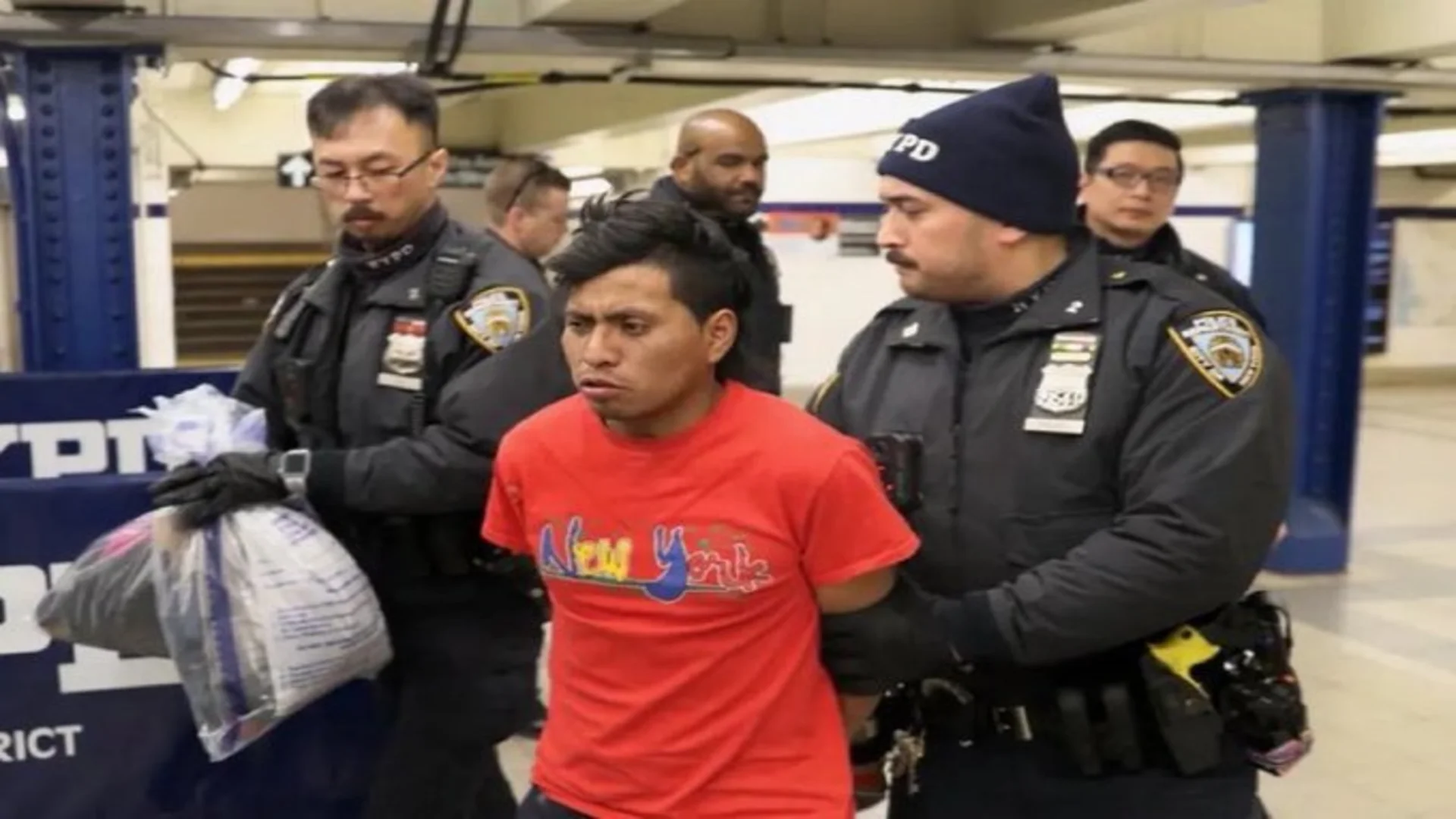Members of the US-based Select Committee on the Chinese Communist Party (SCCCP) have filed a significant amicus curiae brief in the ongoing case of TikTok vs. Garland, urging the courts to take action against the potential national security threats posed by the app’s Chinese ownership. This move underscores a bipartisan effort to address the concerns surrounding TikTok’s parent company, ByteDance, which is based in China.
The brief, led by US lawmakers John Moolenaar and Raja Krishnamoorthi, supports the Protecting Americans from Foreign Adversary Controlled Applications Act (PAFACAA). This act mandates that foreign-controlled applications, such as TikTok, must either divest their US operations or face a total ban. The SCCCP’s brief argues that TikTok poses a significant national security threat due to allegations of data theft involving the app’s 170 million US users.
“The brief defends the act to address the threat of Chinese ownership of TikTok,” stated the SCCCP on X. “Congress determined that foreign adversary-controlled applications that present a clear and significant national security threat should not be permitted to access application stores or web hosting services in the United States.”
The amicus brief emphasizes that the Divestiture Act aims to prevent foreign adversaries, particularly from North Korea, China, Russia, and Iran, from using applications to target, surveil, and conduct covert activities against Americans. The brief highlights extensive legislative fact-finding and testimonies from national security experts and the Director of the FBI, indicating the broader implications of TikTok’s ownership.
The Foundation for Defense of Democracies (FDD) has also contributed to the case with a 28-page brief detailing how TikTok’s ownership structure facilitates CCP infiltration and data collection on American users. According to the FDD, this includes sensitive data such as information on children and driver’s licenses, and the potential for the platform to manipulate information and interfere in US elections.
Notably, India was a pioneer in banning TikTok, citing security concerns, and has since been joined by several other countries including Nepal, Australia, Belgium, Canada, and others, all of which have imposed partial or complete bans on the app over similar security issues.













